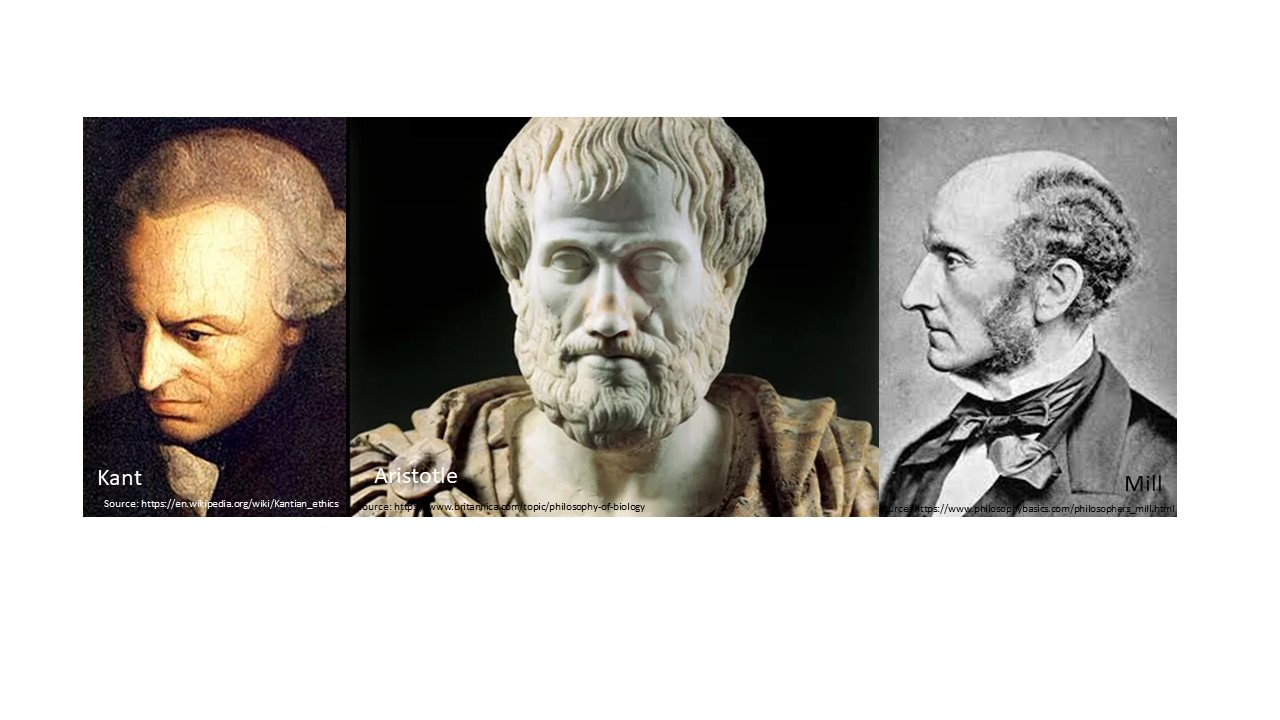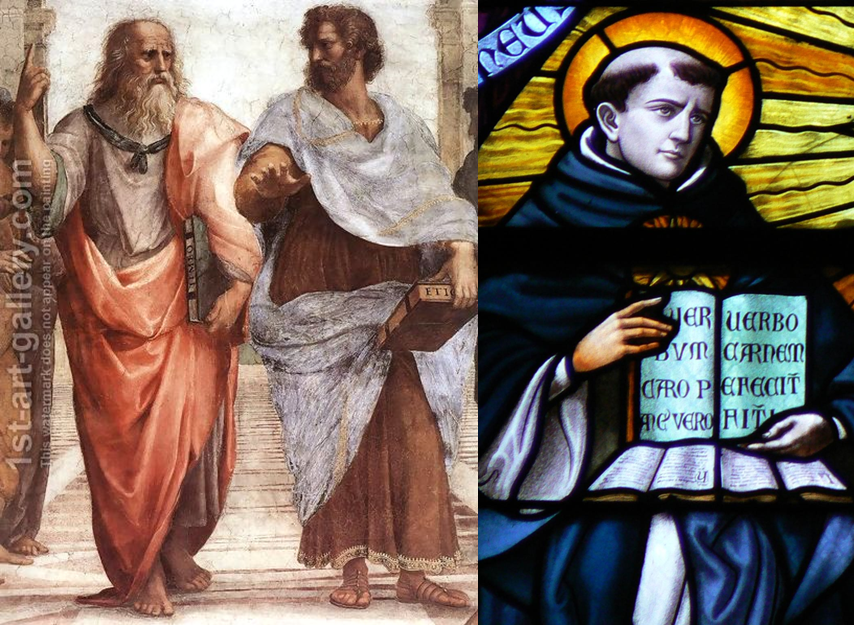
As an introduction to moral philosophy, this class focuses on the three most popular positions in the field of ethics: Virtue ethics, Deontological ethics, and Consequentialism. We study these positions by looking carefully at Aristotle's Nicomachean Ethics (virtue ethics), Kant's Grounding for the Metaphysics of Morals (deontological ethics), and Mill's Utilitarianism (consequentialism). Through a combination of closely reading these original texts, class discussion, and in-class debates, we aim to understand the normative claims of each position and how these claims are understood to be grounded.
- Docente: Matthew Robinson

This class introduces students to philosophy through a focus on the original texts and ideas that created the discipline. Our Fall semester begins with an analysis of the Ancient Greek philosophy of Plato and Aristotle and concludes by considering the thought of Thomas Aquinas, the patron saint of this University. We focus on different proposed answers to questions like, ‘what sorts of assumptions are we making about ourselves, and about existence, when we say that we know something?’ We will also ask the related question, ‘what do we mean when we say that something exists?’ or ‘what do we mean when we talk of ethical value, or 'goodness' in the broadest sense?’ We are interested in understanding the assumptions behind these different questions so that we can then consider how the different answers are and are not rationally supportable. One underlying principle of the course is that, to examine these questions, the various proposed answers, and their underlying assumptions, we must learn how to read original philosophical texts.
- Docente: Matthew Robinson


